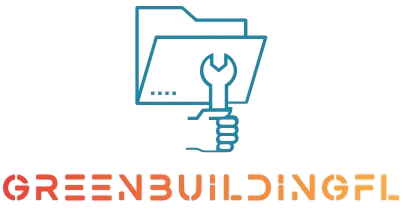The Benefits of Using Project Management Software
Using project management software can bring a multitude of benefits to individuals and teams working on projects. Here are some advantages of utilizing project management software:
- Improved Organization: Project management software provides a centralized platform to store and track all project-related information. It allows you to organize tasks, documents, timelines, and resources in one place, making it easier to stay organized and keep everyone on the same page.
- Enhanced Collaboration: Project management software facilitates collaboration among team members by providing real-time access to project updates, progress, and communication. It enables team members to collaborate, share files, and discuss tasks efficiently, regardless of their location or time zone.
- Efficient Task Management: Project management software offers tools for creating, assigning, and tracking tasks. It allows you to set deadlines, prioritize tasks, and monitor progress. This helps ensure that everyone knows their responsibilities, prevents tasks from falling through the cracks, and keeps the project on schedule.
- Clear Communication: Communication is crucial in any project, and project management software streamlines communication channels. Team members can communicate through comments, chat features, or discussion boards within the software, reducing the reliance on email or other communication tools. This leads to improved collaboration and more efficient problem-solving.
- Resource Management: Project management software enables you to allocate resources effectively and track their availability and utilization. This allows you to manage team members’ workloads, assign tasks based on availability and skill sets, and optimize resource allocation for maximum productivity.
- Transparent Progress Tracking: Project management software provides visibility into project progress with features like Gantt charts, Kanban boards, or dashboards. This transparency helps stakeholders understand the project’s status, identify potential bottlenecks, and make informed decisions to keep the project on track.
- Risk Management: Project management software often includes risk management features, allowing you to identify, assess, and mitigate project risks. It helps in tracking and managing issues, assigning responsibility for resolution, and maintaining a record of lessons learned for future projects.
- Reporting and Analytics: Project management software provides built-in reporting and analytics tools to generate progress reports, task completion metrics, resource utilization analyses, and other key performance indicators. These insights help project managers and stakeholders make data-driven decisions and identify areas for improvement.
Overall, project management software enables efficient project planning, execution, and monitoring, leading to improved team collaboration, increased productivity, and better project outcomes. It streamlines processes, improves communication, and helps you stay organized, ultimately leading to successful project delivery.


